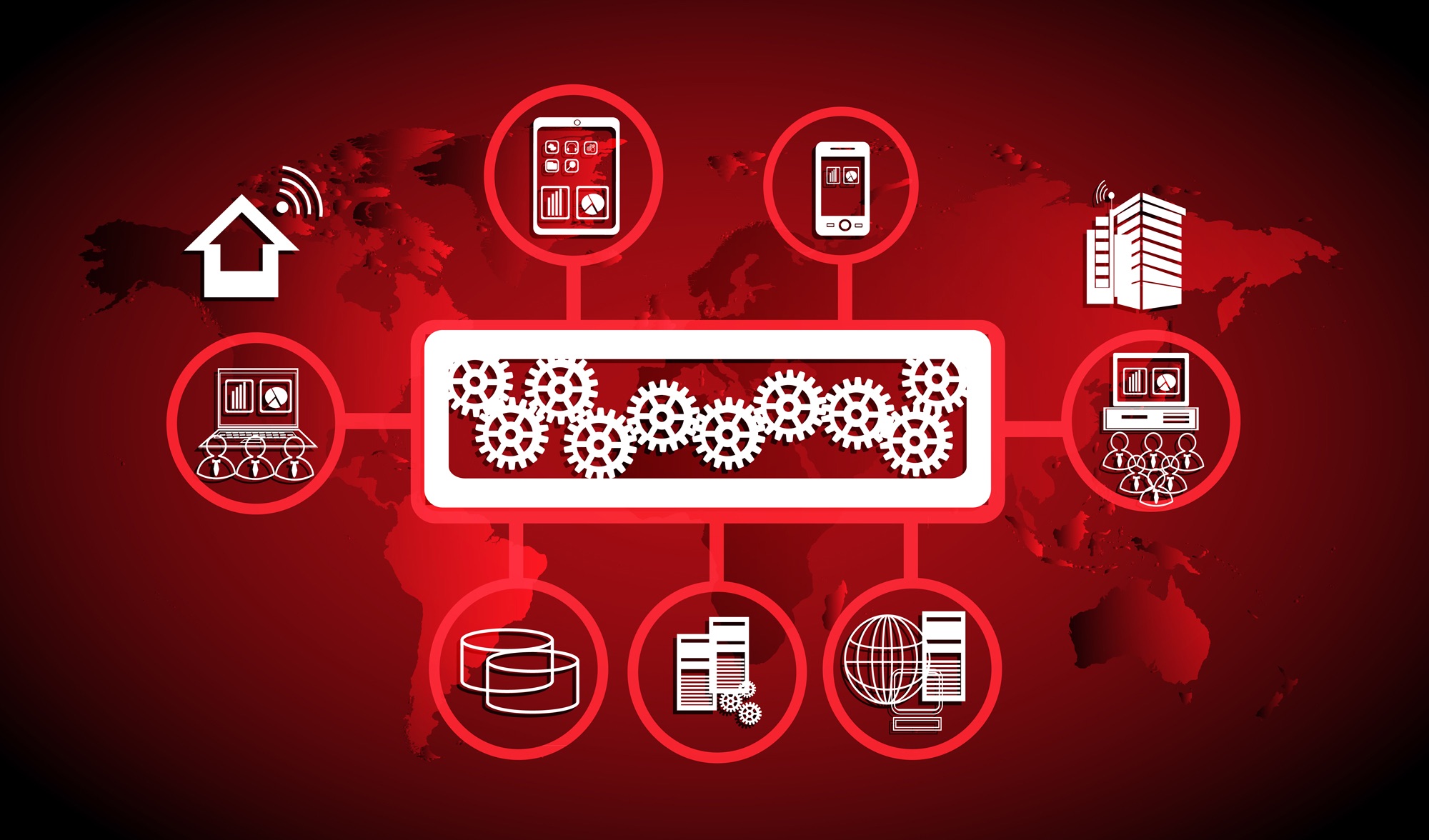In today’s technological landscape, choosing the right networking solution is crucial for the growth and success of a business. Two popular options that many companies consider are MPLS (Multi-Protocol Label Switching) and regular Internet. So, what is MPLS, and why does it stand out compared to regular Internet? In this article, we will compare these two solutions to help you make the right decision for your business.
1. Introduction to MPLS and Regular Internet
1.1 MPLS
MPLS is a packet forwarding technology in computer networks that enables efficient traffic management. By using labels, determines the path for data packets, thus improving speed and network performance. It operates between Layer 2 and Layer 3 of the OSI model, allowing it to support various protocols.
1.2 Regular Internet
Regular Internet, also known as public Internet, is a global network that allows users to connect through protocols like TCP/IP. While it has lower costs and is easier to set up, regular Internet also has several limitations regarding performance and security.
2. Performance Comparison
2.1 Speed
MPLS typically offers higher speeds than regular Internet. With its ability to prioritize traffic and allocate bandwidth for critical applications, MPLS service ensures that data is transmitted quickly and efficiently. In contrast, regular Internet can become congested during peak times, leading to slower access speeds.
2.2 Reliability
Network reliability is essential, especially for businesses. This service provides higher reliability due to its ability to forward data through multiple pathways. If one route fails, data can still be transmitted through alternative routes. On the other hand, regular Internet may experience disruptions and outages, affecting business operations.
3. Security
3.1 Data Safety
One of the deciding factors in choosing between this service and regular Internet is security. MPLS offers a higher level of security because it uses private networks and does not transmit data over public Internet. This significantly reduces the risk of external attacks.
3.2 Traffic Control
MPLS service allows businesses to manage network traffic more effectively. By allocating bandwidth for critical applications, companies can ensure that these applications run smoothly and securely. In contrast, regular Internet provides fewer options for traffic control, which can lead to congestion and reduced performance.

4. Cost
4.1 Initial Investment Costs
When comparing costs between MPLS service and regular Internet, MPLS usually has a higher initial investment. Businesses need to invest in network infrastructure and hire services from providers. Meanwhile, regular Internet has lower costs and is easier to set up and use.
4.2 Long-Term Costs
Although the upfront costs for MPLS are higher, in the long run, businesses can save money due to high performance and effective traffic management. This means that companies can reduce operational costs and enhance productivity.
5. Flexibility and Scalability
5.1 Flexibility
MPLS can integrate with various protocols, allowing businesses to adapt their network infrastructure easily. Companies can easily add or remove resources as needed. In contrast, regular Internet offers less flexibility and may struggle when expansion is required.
5.2 Scalability
This service supports better scalability compared to regular Internet. As businesses grow, their needs for bandwidth and performance increase. This service allows companies to scale bandwidth easily without compromising network performance.

6. Target Users
6.1 Large Enterprises
MPLS is often the preferred choice for large enterprises, especially in banking, finance, and telecommunications. These companies require high security and stable performance, which this service can provide.
6.2 Small and Medium Enterprises
For small and medium-sized businesses, regular Internet may be a more reasonable choice due to lower initial investment costs. However, if a business is expanding and has high demands for security and performance, they should consider transitioning to MPLS.
7. Conclusion
When deciding between MPLS and regular Internet, businesses need to consider various factors such as speed, reliability, security, and costs. MPLS is a powerful, secure, and reliable networking solution suitable for large enterprises with high performance requirements. Meanwhile, regular Internet may be a good option for smaller businesses with budget constraints.
Ultimately, the choice between these two solutions depends on the specific needs of your business. Carefully evaluate the above factors and make the most suitable decision for your company’s future. If you have any questions about this service or regular Internet, feel free to contact us for further advice!
* Contact us:
- Email: dc@dcx.com.vn
- Phone: 0333361599
- Facebook: https://www.facebook.com/DCX.Tech.Solutions/
